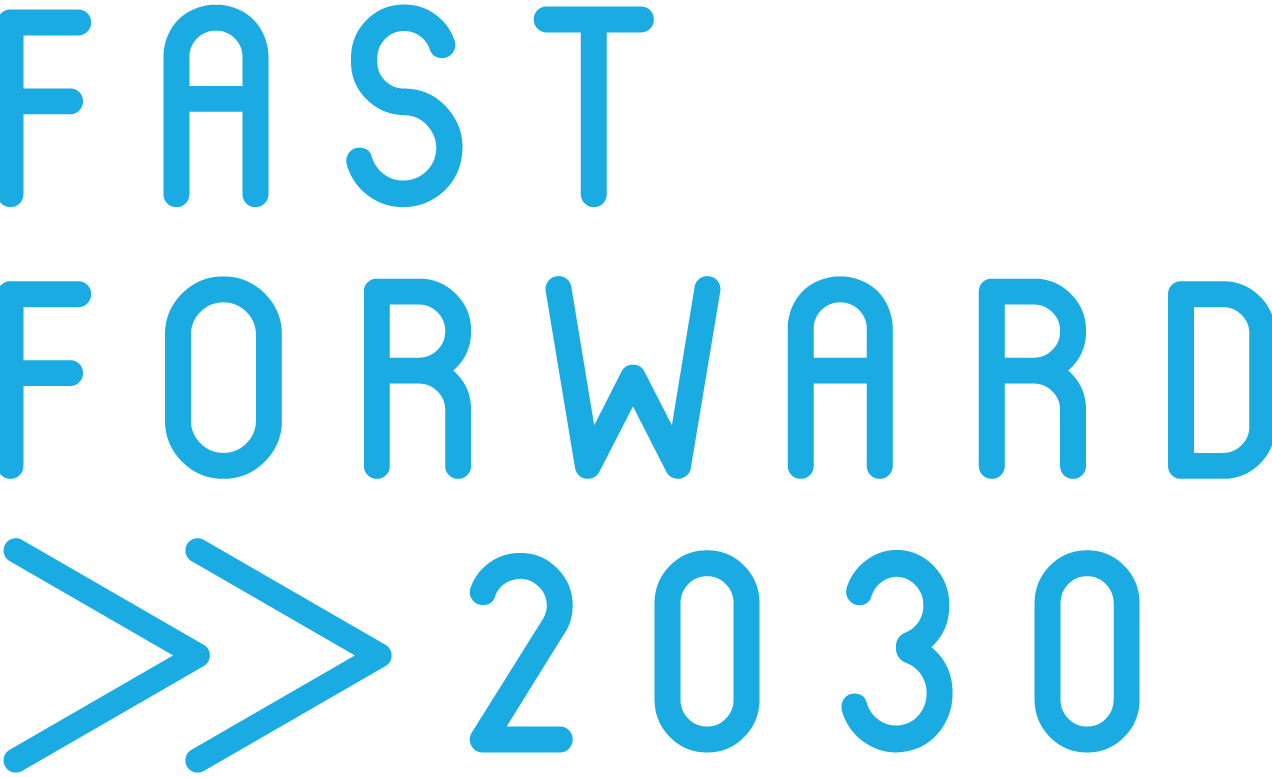Integrating SDG 13: Climate Action into Your Business Model
FAST FORWARD 2030: SDG13 - CLIMATE ACTION
On Tuesday, 16th April, our event ‘Integrating Climate Action into your Business Model: Ideas for Entrepreneurs’ brought together entrepreneurs, ‘wantrepreneurs’ and impact leaders to consider how businesses can adopt more sustainable practices to meet the aims of both SDG 13, Climate Action, and the Paris Agreement.
Whilst the climate action agenda traditionally focuses on international action, the vital role of businesses is often overlooked. This is problematic, as preventing catastrophic climate change requires urgent and innovative action from all sectors to limit warming to 1.5C.
This event helped to shed light on some of the ways entrepreneurs can contribute to the fight against climate change by featuring a range of guest speakers discussing how their businesses embed SDG 13 within their operations, as well as providing inspiration for those in the audience by sharing their stories of how they became sustainability pioneers.
The following sections provide an overview of the enterprises featured at the event, showing how minimising the environmental impacts of how we do business can no longer be an afterthought but can, and should, be integrated into all aspects of business.
GAETAN CUVILLIER: HOPES
HOPES is a start-up initiative helping businesses understand their energy consumption through data analysis. It is hoped that through monitoring energy usage, greater awareness about excessive energy consumption can be brought to light. HOPES can then provide businesses with a tailored solution and resources to reduce their energy usage, helping companies improve their energy efficiency. The image below gives an overview of the framework in which HOPES operates.
AGNES CZAKO: AIREX
AirEx is a smart ventilation control designed to provide energy efficiency within domestic households. In the UK, millions of homes have been built with low energy standards - resulting in high energy bills and cold living conditions. Interventions designed to improve energy efficiency in these houses have often been unsuccessful, leading to a lack of ventilation that can cause damp or condensation problems. Therefore, AirEx has created a cost-effective ventilation control system that warms homes whilst maintaining air quality. The diagram below shows how the system operates by regulating air flow through responding to changes in temperature, humidity and air quality.
MARC ZORNES: WINNOW
Winnow is an innovative, sustainable solution that helps to cut food costs in professional kitchens around the globe. As one-third of all grown food is discarded, Winnow helps tackle the global problem of food wastage by making the kitchen smarter and more cost-effective. With Winnow Vision, kitchens can automatically track food waste, leading to better insights into how to reduce this wastage. The image below provides an overview of how Winnow operates.
As all three companies that spoke at our event show, there are numerous ways that entrepreneurs can incorporate sustainable practices into their business models to help alleviate some of the world’s most pressing climate problems. The event showed that businesses are in a position of power to take the lead in helping to reshape the way we think about food and energy. By carefully monitoring what we use, we can change our consumption patterns and help tackle some of the major causes of climate change.
